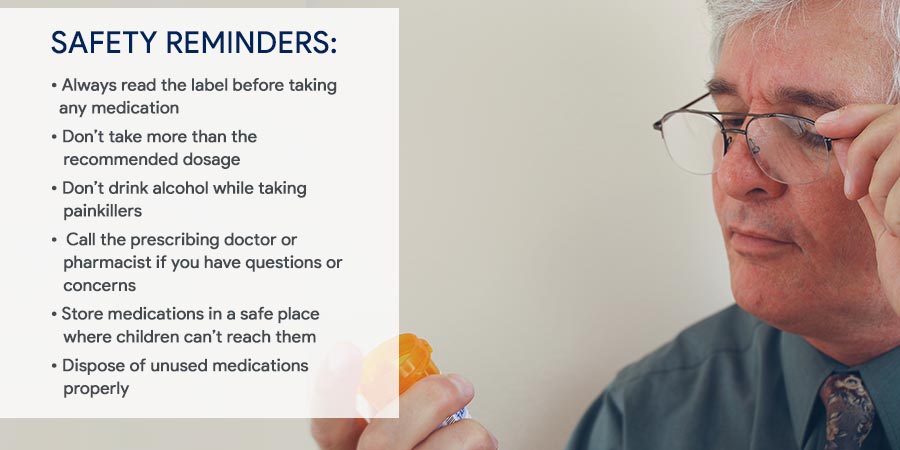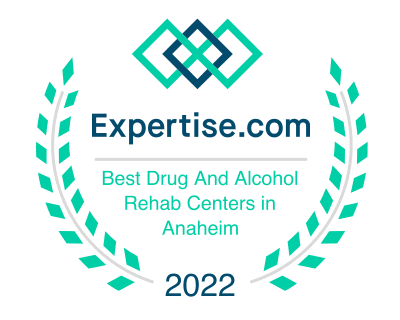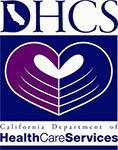Painkillers are one of the most misused types of drugs, and they can be addictive even when taken correctly. People take medications every day, but many don’t know that these substances also have the potential for serious health issues, including tolerance, addiction, and overdose.
Between prescription and over-the-counter drugs, there’s a lot of room for misuse. These drugs can be used innocently or recreationally, but these substances have the potential to cause serious problems if abused.
Types of Pain Relievers
There are many different types of pain relievers, but the best one for you will depend on your symptoms and what’s causing them. Over-the-counter medications (OTC) can be found at any store, while prescription-strength opioids offer more substantial relief in severe cases.
The types of prescription pain relievers include:
- Antidepressants work on chemicals called neurotransmitters in the brain. These drugs provide substantial relief from chronic or acute pain such as those caused by arthritis and back problems; Tricyclics (Elavil®), serotonin-norepinephrine reuptake inhibitors (SNRIs)like Effexor® Cymbalta®. SSRIs may make other medicines less effective for treating your condition, so you must talk with a doctor about what will be the best treatment option before starting any new drug regimen.
- Anti-seizure medications can be a great help for those living with epilepsy and their pain symptoms. Gabapentin (Gabitone®) is an anti-epileptic drug that interrupts the transmission of nerve signals from your brain to body, while pregabalin helps ease fibromyalgia, among many other things.
- Muscle relaxers are a common form of pain medication that can help relieve both muscle spasms and tightness in the painful area.
- The use of opioids for chronic pain has been controversial. On the one hand, these medications can provide relief from severe forms or long-term symptoms that may not respond well to other treatments, and on the other, they are potentially addictive, which makes it difficult to prescribe them traditionally as doctors don’t want their patients becoming dependent upon such a powerful drug.
- Steroids are a class of powerful anti-inflammatory drugs that can be used to treat migraines and severe arthritis. They stop your body from making chemicals that cause inflammation, so they help relieve pain in those conditions.
- Topical: Your provider can give you a prescription-strength skin cream, gel, or spray to help with muscle pain and other conditions. They may also offer lidocaine patches (Lidoderm), which block nerve signals so that the area does not feel pain anymore. Topicals painkillers are made from many different types of medicine, such as lidocaine. For example, this is an antiseptic used on cuts/abrasions, etc.; it has no harmful side effects when applied correctly.
Taking Painkillers Safely
The first step is to read the instructions that come with your prescription medication, which will provide you with more information about how often you should take it, how long it will last, possible side effects, and what to do if something goes wrong. It is also essential to know when not to take certain medications – for example, some painkillers may make a person constipated or slow down their breathing, so they shouldn’t operate heavy machinery or drive until they talk with their doctor.
Here are some safety reminders:
- Always read the label before taking any medication
- Don’t take more than the recommended dosage
- Don’t drink alcohol while taking painkillers
- Call the prescribing doctor or pharmacist if you have questions or concerns
- Store medications in a safe place where children can’t reach them
- Dispose of unused medications properly
Why are Older Adults More Likely to Have Adverse Drug Reactions?
Older adults taking opioid painkillers are at higher risk for adverse side effects such as addiction and overdose due to changes in metabolism. The elderly have a decreased ability to metabolize medications because of age-related physiological changes in the liver. Aging increases the risk of adverse reactions from drugs by causing an increase in the medication clearance rate via hepatic blood flow. They may also inherit an increased vulnerability to drug toxicity or develop other conditions that slow their ability to process medicines properly. For these reasons, it is especially important for seniors who take prescription medications to maintain good health and take appropriate precautions when taking any drug, even if they do not feel sick or impaired.
What are the 10 Most Addictive Painkillers?
The NIDA has compiled a list of the top 10 most addictive pain medications currently available. These drugs are commonly prescribed for chronic conditions, though some may be used in short-term situations such as post-surgery recovery time or acute back injury.
- Fentanyl is a powerful medication used to treat severe or post-surgical pain patients. It can also be prescribed for those who have become physically tolerant of opiates. This drug is sold under the brand names Actiq, Duragesic, and Sublimaze and is available in the form of lozenges, injectable solutions, or skin patches.
- OxyContin is a branded name for oxycodone, an opiate drug launched in 1996 and can be taken as tablets or capsules. It’s used around the clock by patients suffering from moderate to severe pain with long-lasting effects like those who have chronic illnesses such as cancer (or other surgeries).
- Demerol is a powerful medication that can be used to treat pain. It’s often combined with anesthesia, and for this reason, it has been called “the mother of all nurses’ drugs.” The brand name meperidine comes from its ability as an anti-influenza agent in Cold War Russia when doctors discovered how effective they were at treating chronic abdominal illnesses such as stomach ulcers or colon cancer which are caused by Influenzavirus A (H1N1).
- Hydrocodone is a very common drug used to treat moderate-to-severe pain. It’s available as an oral syrup and tablet, but some people take it in pill form while others prefer the liquid version.
- Morphine is a powerful painkiller that can be prescribed to help with severe and chronic conditions such as cancer. It’s sold under many brand names, including Duramorph (a version for injection) or MS Contin; it comes in capsule form, tablet, and suppository.
- Percocet is a legal drug that can be easily obtained in many countries worldwide. It contains oxycodone, an addictive opioid pain killer that has been compared to heroin for its potent effects on your brain’s dopamine system when taken regularly or at high doses.
- Codeine is a natural but powerful opiate often prescribed to alleviate pain. The downside? It only lasts for about four hours.
- Methadone is commonly used as a maintenance treatment for those addicted to opioids. It’s also an opiate pain reliever, though it can be misused sometimes – there are many risks involved with taking methadone, from addiction to overdose, especially if you abuse it.
- Dilaudid is hydromorphone that’s primarily used in hospitals to relieve pain. It can be delivered through an IV, tablet, or suppository.
- Oxymorphone is a type of prescription drug that treats moderate to severe pain. It comes in both immediate- and extended-release tablets.
Conclusion: What You Can Do
It is important to be mindful of pain relievers’ addictive and adverse potential, even if you are taking them for legitimate reasons. Physicians often prescribe pain medications to patients who have chronic conditions. The goal of these drugs is very significant; they’re meant for your comfort and well-being, after all! But it is important to not lose sight of certain types that can be addictive. Contact your doctor or pharmacist immediately if you are concerned about any prescription pain reliever or have questions about your medication regimen. The more knowledge you have, the safer your use of these drugs will be.
Call now to speak confidentially with an addiction expert
Reviewed by Clare Waismann, RAS / SSUDCC, Founder of Domus Retreat®
All topics for the DomusRetreat.com blog are selected and written based on high editorial quality standards and cited source material. Clare Waismann, Registered Addiction Specialist (RAS), Substance Use Disorder Certified Counselor (SUDCC), and founder of Domus Retreat and Waismann Method®, reviews articles for accuracy, credibility, and relevancy. Clare Waismann is an authority and expert on opioid dependence and related topics covered on the DomusRetreat.com blog. Please see our Terms of Service for additional information and disclaimers regarding third-party sources and content for informational purposes only.








